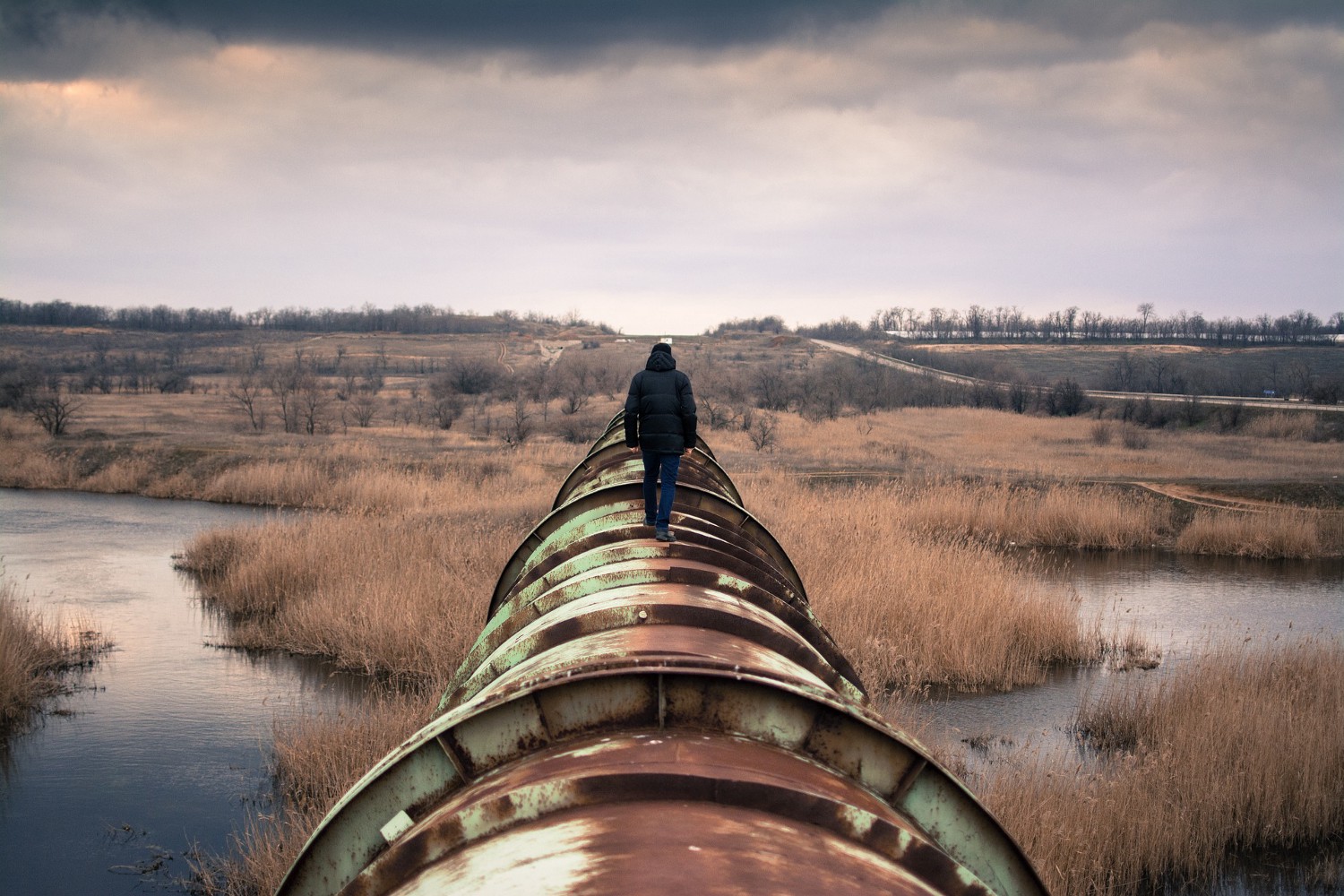Just-released research from the American Psychological Association pinpoints one climate change effect we can all agree is bad news: Our changing climate can do a number on our mental health.
The APA report, entitled Mental Health and Our Changing Climate: Impacts, Implications, and Guidance, finds that the most acute mental health effects of climate change come from natural disasters and severe weather events where people lose loved ones or property. For example, among a group of people affected by Hurricane Katrina, suicide and thoughts of suicide more than doubled and 49 percent of them developed mood disorders like depression, the report finds.
Climate change has the potential to affect us beyond natural disasters though. When people lose jobs or are forced to move due to environmental changes, it can “lead to a loss of professional identity, loss of social support, loss of a sense of control and autonomy and other mental health impacts such as feelings of helplessness, fear and fatalism,” according to an APA press release about the report. That can trigger anxiety and stress, which, research shows, leads to ill effects on health and well-being. Long-term stress can also contribute to depression.
Environmental changes can even affect your interpersonal interactions. According to the report, created with psychologists Susan Clayton, PhD, of the College of Wooster, and Christie Manning, PhD, of Macalester College, immediate and long-term climate changes boost hostility and aggression among communities dealing with the fallout. Indigenous communities and those whose livelihoods depend on their natural surroundings often bear the brunt of these changes.
There is a bit of a bright spot within this grim news though: The researchers say that maintaining strong social networks is one way to combat negative mental health effects, particularly those caused by severe weather events. “Individuals’ personal capacity to withstand trauma is increased when they are connected to their networks off- and online,” according to the report. “Researchers have found that higher levels of social support during and in the aftermath of a disaster are associated with lower rates of psychological distress.”
Adding more environmentally-friendly activities to your daily routine can also protect your mental health. Things like biking or walking to work, taking public transit instead of driving and seeking out nearby green spaces can all be beneficial, according to the APA. They may seem like small actions when we’re up against something as overwhelming as climate change (and when current events in Washington are cause for serious concern), but if they help safeguard your mental health and help fight climate change in even a tiny way, they’re well worth your while.
Read the full report here.
Originally published at journal.thriveglobal.com


